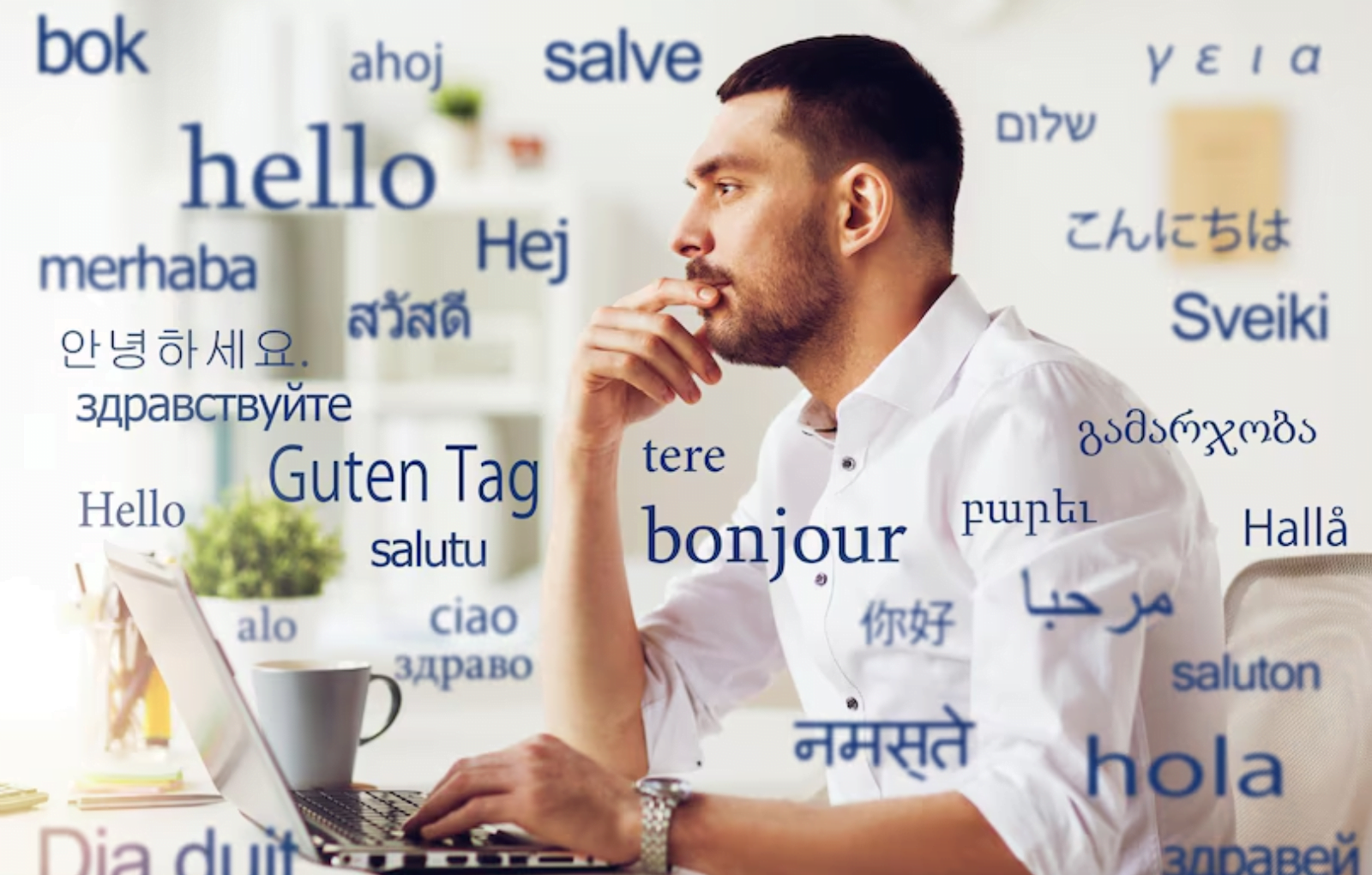
Our Blogs
Empowering your people to do more, be more. Corporate training that is interactive, engaging but most of all, effective.
Apr 29, 2024

Ever dreamed of strolling down the Champs-Élysées and ordering a pain au chocolat with perfect Parisian flair? Or maybe navigating a bustling Tokyo market and confidently bargaining for that unique kimono? Fluency in another language isn’t just about grammar – it’s about wielding vocabulary like a superpower, allowing you to connect with cultures and unlock new experiences.
But let’s be honest, memorizing endless lists of foreign words can feel as exciting as watching paint dry. The good news? There’s a smarter way! In this post, we’ll unveil 9 research-backed tricks to supercharge your vocabulary learning and transform you from a frustrated beginner to a confident conversationalist. So, ditch the rote memorization and get ready to embark on a language-learning adventure that’s both effective and, dare we say, enjoyable.
Tips For Memorizing 100+ Words A Day In Any Foreign Language
Here are 9 Pro Tricks for Memorizing Vocabulary in a New Language
1. Leverage the Power of Spaced Repetition:
Our brains are wired to forget information over time, also known as the forgetting curve. Enter spaced repetition, a learning method that strategically reintroduces information at increasing intervals to solidify it in your long-term memory. Think of it like revisiting a friend you haven’t seen in a while – the bond strengthens with each encounter.
Actionable Tip: Utilize flashcards with spaced repetition software like Anki [ankiweb.net] or Brainscape.
2. Make it Personal: Connect Words to Your World:
Rote memorization might get you through a vocabulary quiz, but it won’t translate (pun intended) to real-world fluency. Instead, personalize your learning by associating new words with things that matter to you. Let’s say you’re learning French and encounter the word “sympathique” (meaning nice). Are you a dog lover? Picture your adorable pup and connect “sympathique” to how “nice” he is when he greets you. The more personal the connection, the stronger the memory.
Dr. Gabriel Wyner, author of “Fluent Forever,” emphasizes the importance of personalization, stating, “The most effective way to learn anything is to connect it directly to the things that matter to you in your target language and your own life.”
3. Befriend Mnemonics: Memory Aids are Your Allies:
Don’t underestimate the power of mnemonics! These memory aids, often silly rhymes or stories, can act as anchors for new vocabulary. For instance, to remember the French word “bibliothèque” (library), you might create a story about a silly librarian named “Biblio” who lives in a giant library. The more outlandish the mnemonic, the easier it is to remember!
4. Embrace the Power of Context:
New words rarely exist in isolation. Immerse yourself in the language by reading articles or watching shows in your target language. Pay attention to how words are used in context and how they combine with other words to form phrases and sentences. This contextual understanding strengthens your memory and aids in practical application.
5. Go Visual: Pictures Paint a Thousand Words:
Visual learners rejoice! Pair new vocabulary with images or create mind maps to enhance memorization. Let’s say you’re learning the Spanish word “manzana” (apple). Find an image of a red apple, or draw one yourself, and associate it with the word. Engaging your visual cortex strengthens memory pathways. A study by researchers at Georgetown University found that participants who learned new vocabulary words with pictures showed significantly better recall compared to those who only learned with text definitions.
6. Speak Up! Active Recall is Key:
Don’t be afraid to speak the language out loud, even if you’re just starting. The act of recalling and producing new vocabulary solidifies it in your memory. Find a language exchange partner or practice with online conversation groups to actively use your new words.
7. Gamify Your Learning: Make it Fun!
Language learning shouldn’t feel like a chore. Turn it into a game! There are numerous language learning apps and websites that incorporate games, quizzes, and interactive activities to make vocabulary acquisition engaging and enjoyable.
8. Embrace Spaced Reviews: Consistency is King:
Just like spaced repetition, spaced reviews are crucial for long-term memory. Dedicate short, regular bursts of time to review your vocabulary. Even 15 minutes a day can significantly improve your recall compared to cramming large amounts of information at once.
9. Exploit Technology’s Gifts: Use Online Resources
There’s a wealth of language-learning resources at your fingertips! Utilize online dictionaries with audio pronunciations like Forvo or reverso.net. Explore language learning podcasts or YouTube channels for engaging content.
Conclusion: Unleash Your Language Learning Potential
Mastering a new language opens doors to new cultures, career opportunities, and personal connections. While memorizing vocabulary in a new language is a crucial step, it doesn’t have to be a tedious chore. By incorporating these research-backed tricks and a sprinkle of fun, you’ll be well on your way to becoming a confident conversationalist.
Ready to supercharge your language learning journey? At Training Booth, we’re passionate about helping professionals like you achieve their language learning goals. We offer a comprehensive suite of language training solutions, including customized curriculum development, interactive workshops, and personalized coaching – all designed to get you speaking and understanding with confidence. Visit our website or contact us today to learn more about how we can help you conquer any language and unlock your true potential. Let’s embark on this exciting learning adventure together!
Remember, every new language you learn is a new world to be conquered!



